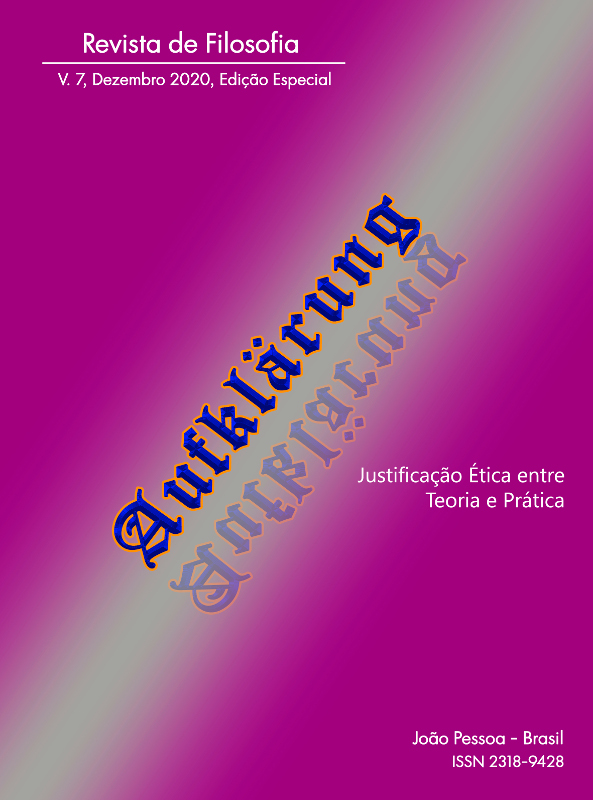The Norberto Bobbio's Ethical-Legal Pacifism and the regional security context in Latin America
DOI:
https://doi.org/10.18012/arf.v7iesp.55405Keywords:
Peace, War, International law, PacifismAbstract
The article proposes to develop the related topics of law, war and peace, according to the thought of Jurist and Philosopher Norberto Bobbio. It is presented the classic concepts of war and peace, as well as the problem of war in contemporary days, after the construction of weapons of mass destruction, which in Bobbio's vision blocks in some respects the ways of war. But war always remains a possibility and active pacifism should be promoted. In this pacifism, peace is found in the right, in which norms are the foundation for peace, although for its effectiveness, the recourse to legitimate force should be used. At the end, the concepts worked by Bobbio were applied in the Latin American peace proposals, and the provisional character of the agreements constructed was demonstrated.
Downloads
References
BOBBIO, Norberto. O Terceiro Ausente. Ensaios e Discursos sobre a Paz e a Guerra. Barueri, SP: Editora Manoele, 2009.
BOBBIO, Norberto. Teoria Geral da Política. Rio de Janeiro: Editora Campus, 2000.
BOBBIO, Norberto. O Filósofo e a Política. Antologia. Rio de Janeiro: Contraponto, 2003b.
HERZ, Monica. Building trust in Latin America. In. The United States and Europe in a changing world. Kanet, R. E. (ed). Denver (USA): Dordrecht, pp. 39-66, 2009.
HURREL, Andrew. An emerging security community: in South America? In: Adler, Emanuel e Barnet, Michael (eds.) Security Communities. Cambridge: Cambridge University Press, 1998.
Additional Files
Published
How to Cite
Issue
Section
License
Journal general policy
1.This journal works under a Creative Commons License aplied to online journals. That icence can be read in the following link: Creative Commons Attribution 4.0 International (CC BY 4.0).
2.Accordingly to this License, a)the journal declares that authors hold the copyright of their articles without restrictions, and they can archieve them as post-print elsewhere. b)the journal allow the author(s) to retain publishing rights without restrictions.
Metadata Policy for information describing items in the repository
1. Anyone may access the metadata free of charge at anytime.
2.The metadata may be re-used in any medium without prior permission, even commercial purposes provided the OAI Identifier or a link to the original metadata record are given, under the terms of a CC BY license refered for the Journal.







































